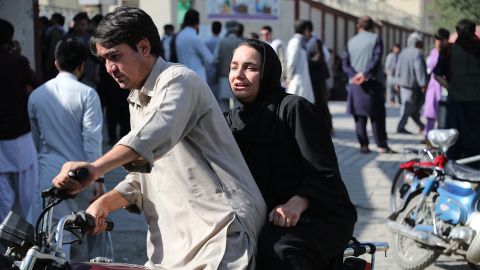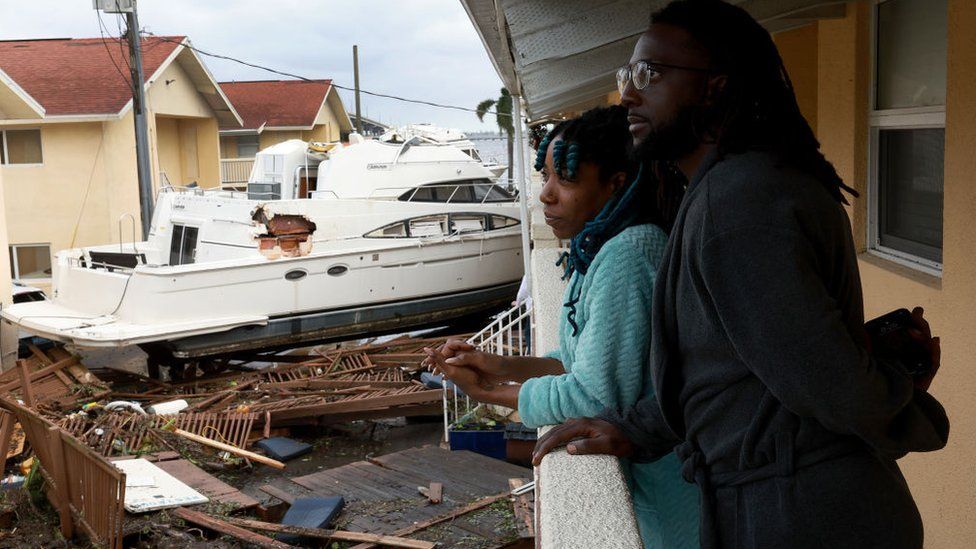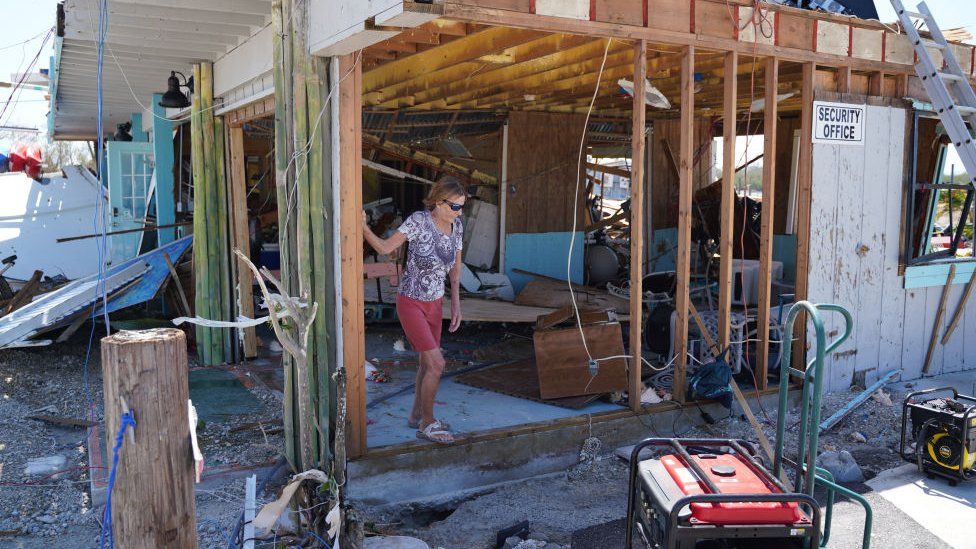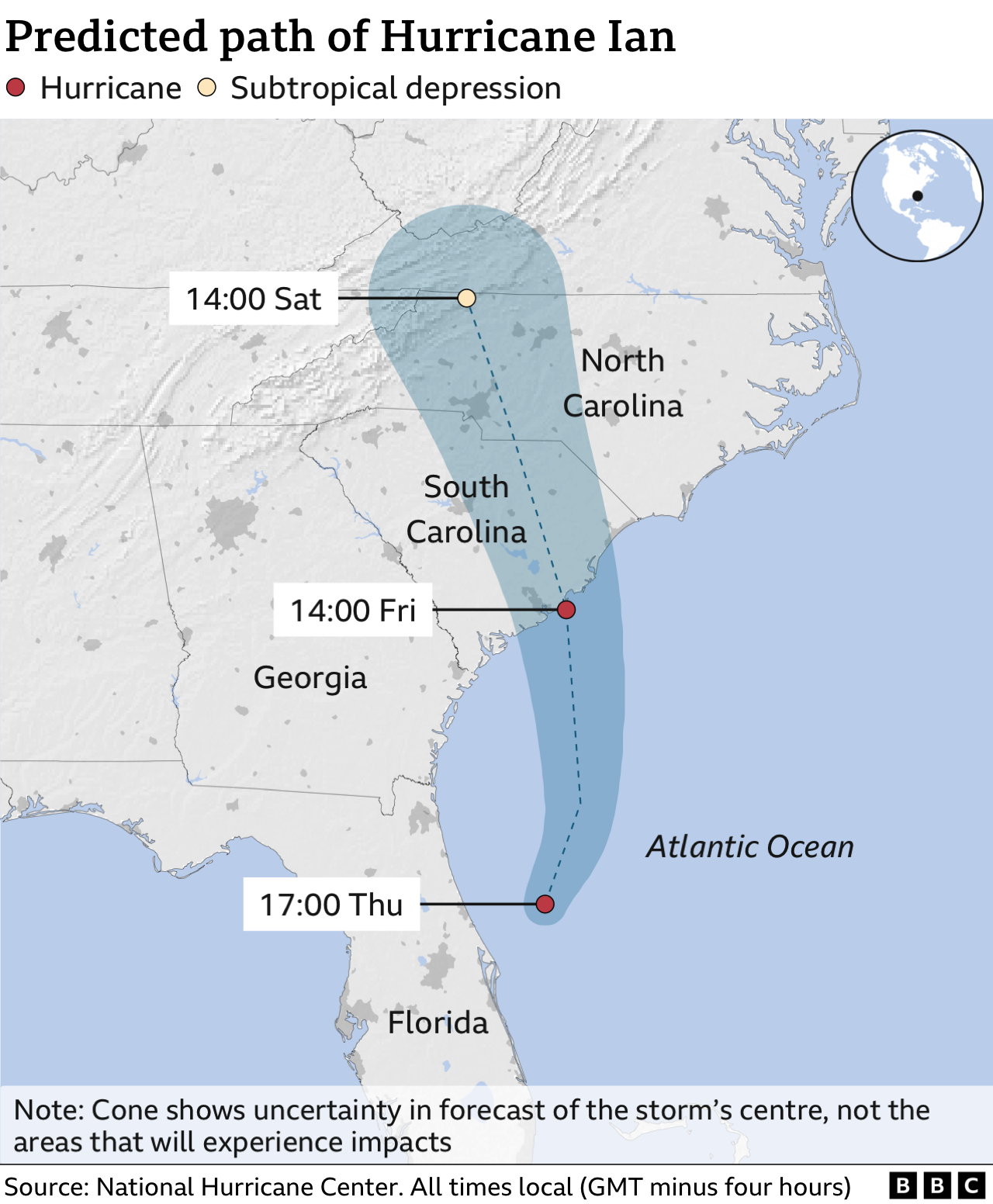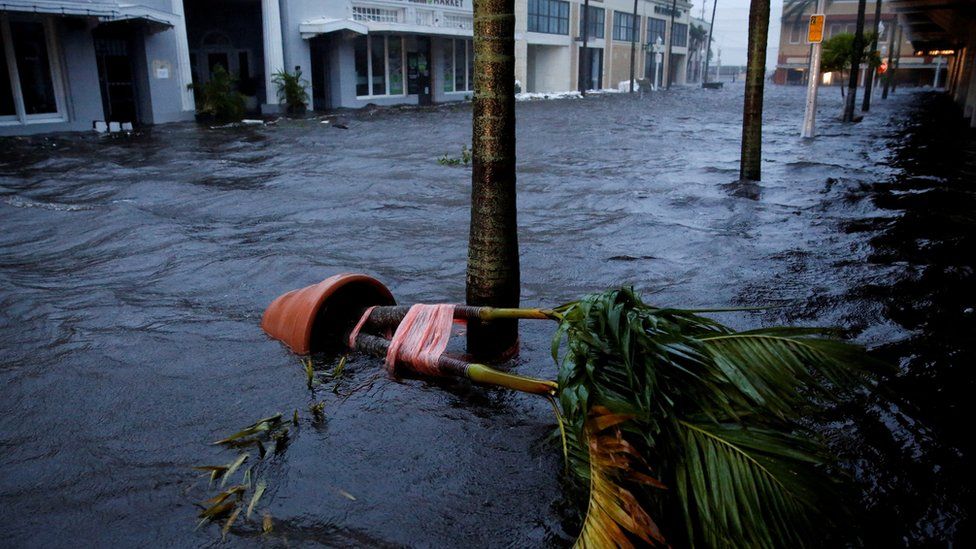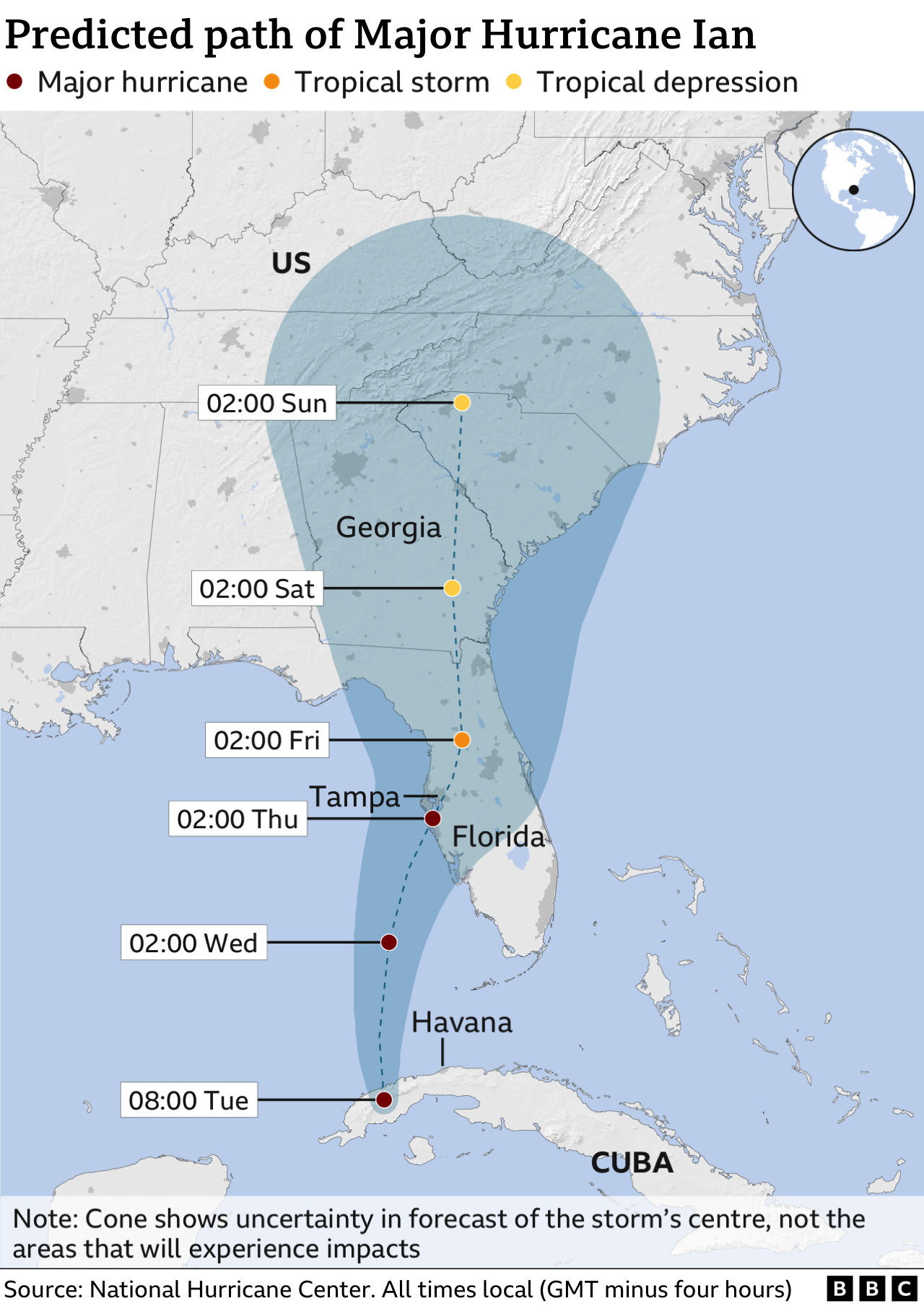Vladimir Putin has annexed four regions in south-eastern Ukraine and vowed to use “all the means” at Russia’s disposal to defend the territory in a speech that marked a further escalation in his war against Kyiv and his resentment at its western allies.
In a ceremony marking the move on Friday, Russia’s president called on Ukraine to negotiate an end to the war — but reserved his strongest ire for Kyiv’s “real masters” in the west, which he accused of trying to “destroy” Russia.
The annexations are a dramatic attempt to raise the stakes in the conflict by bringing them under Russia’s nuclear umbrella.
The move “represents the most serious escalation since the start of the war,” said Nato secretary-general Jens Stoltenberg.
In response, the US slapped sanctions on Elvira Nabiullina, the governor of Russia’s central bank, as part of a new package of measures. In a statement, G7 foreign ministers condemned the “illegal annexation of sovereign Ukrainian territory”.
Ukraine’s president Volodymyr Zelenskyy announced his country’s formal application for accelerated accession to Nato. EU energy ministers meanwhile met over a new round of punitive measures including a plan to cap Russian oil prices.
In a 37-minute speech in the Kremlin’s ornate St George’s hall, Putin said an attack on the four regions, which he said he now considered to be part of his country’s territory, would be treated as an attack on Russia and met with full force.

“We will defend our lands with all the means at our disposal and do everything to protect our people. This is our great liberating mission,” he said.
Putin said Russia was willing to hold peace talks with Ukraine but declared the four regions — Donetsk, Luhansk, Kherson and Zaporizhzhia — off limits in any future negotiations following hastily organised “referendums”.
“People made their choice, an unambiguous choice,” Putin said, describing the votes, which were met with international condemnation, as “the will of millions of people”.
“The people living in Luhansk and Donetsk, Kherson and Zaporizhzhia are becoming our citizens. Forever,” Putin said. “Kyiv’s current government should treat the free expression of these people’s will with respect and nothing else. Only this way can there be a path to peace.”
As he spoke, Ukrainian troops pushed further east in north-east Donetsk, coming close to surrounding the town of Lyman, a key staging ground for Russian forces.
Russia does not fully control any of the annexed four regions and has vowed to “liberate” at least two of them from Ukraine’s grasp as Kyiv presses on with its counter-offensive.
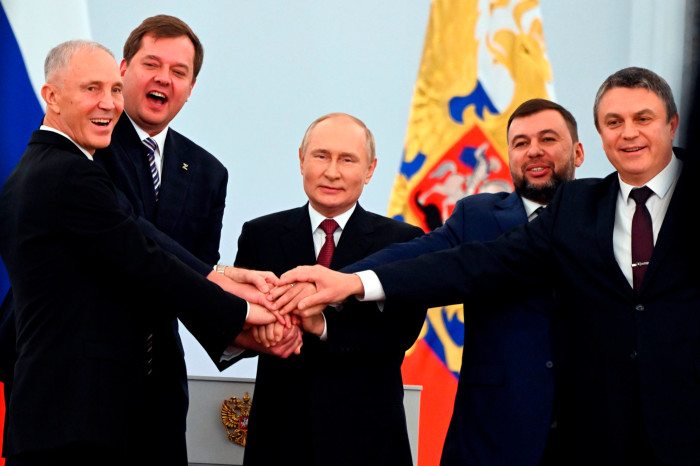
Kremlin officials have said Russia could treat further Ukrainian attempts to retake the regions as an attack on its sovereignty and respond by using tactical nuclear weapons.
Although Putin did not make any reference to Russia’s own nuclear arsenal, which he had threatened to use when he announced the annexations last week, he accused the US of setting a “precedent” in bombing Hiroshima and Nagasaki at the end of the second world war.
But the bulk of the president’s speech was spent ranting against the west. It covered topics as varied as western sanctions, European imperial history, crude jokes about sex change operations and accusations that “Anglo-Saxons” had attacked two gas pipelines in the Baltic this week.
As he cited Russia’s imperial and Soviet past as justification for seizing the Ukrainian territories, Putin issued a stark rallying cry to end US hegemony through an “anti-colonial movement” led by Moscow.
“They are blatantly dividing the world into their vassals and everyone else,” Putin said, accusing the western elite of being “colonial” and “racist”.
“The west is looking for new ways to strike against our country, to weaken and destroy Russia,” he added. “They just can’t put up with there being such a big country with its territory, rich natural resources, and people who won’t live by anyone else’s rules.”
Putin claimed Russia had defeated a “sanctions blitzkrieg” and warned that other countries could face similar restrictions.
“They thought they could build the whole world again. But it turned out that not everyone is so excited about this rosy future. Only total masochists and fans of other non-traditional forms of international relations,” Putin said, making a homophobic quip.
“We have heard about the containment of Russia, China and Iran. We think Latin American and Middle Eastern countries will soon join this list,” he added. “Everyone is in their scope — including our neighbours” in the former USSR, several of whom have distanced themselves from Moscow over the war.
Putin offered hope that the EU would drop its support for Ukraine as it steels itself for a difficult winter without Russian energy supplies.
“Politicians in Europe will have to convince their citizens to wash less and heat their homes themselves. And when asked why they point their fingers at Russia,” he said.
“You can’t feed people with paper dollars and euros,” Putin said. “You can’t warm people with puffed-up valuations — you need energy sources.”
Additional reporting by Roman Olearchyk in Kyiv, Henry Foy in Brussels and Felicia Schwartz in Washington
https://news.google.com/__i/rss/rd/articles/CBMiP2h0dHBzOi8vd3d3LmZ0LmNvbS9jb250ZW50LzM4YTFlYTc4LTU1MzAtNGViYS04NWU1LTcwYzJlMzgwMjRhOdIBAA?oc=5
2022-09-30 16:12:19Z
1574218901
